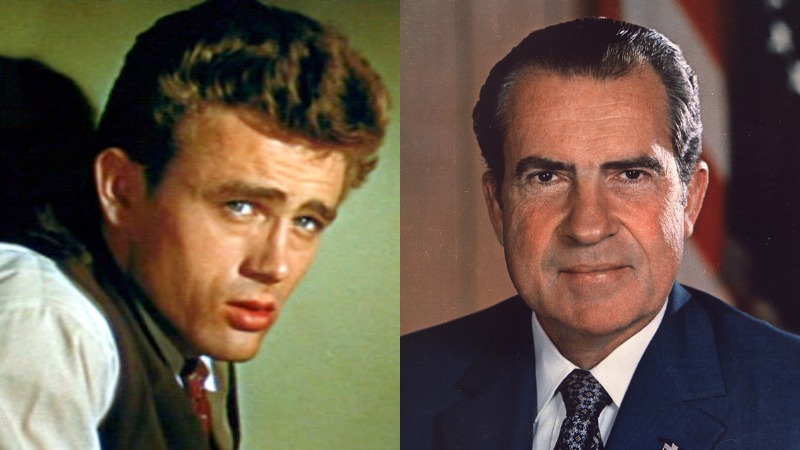Though not known to many, there are a number of famous people who are or were Quakers.
The Quakers are a widely known but small Christian sect that developed in England in the 17th century.
Inspired by the teachings of its founder, George Fox, the Quakers believe in direct communication with the Holy Spirit, and one of the original tales of their informal name has them “quaking” with religious fervor.
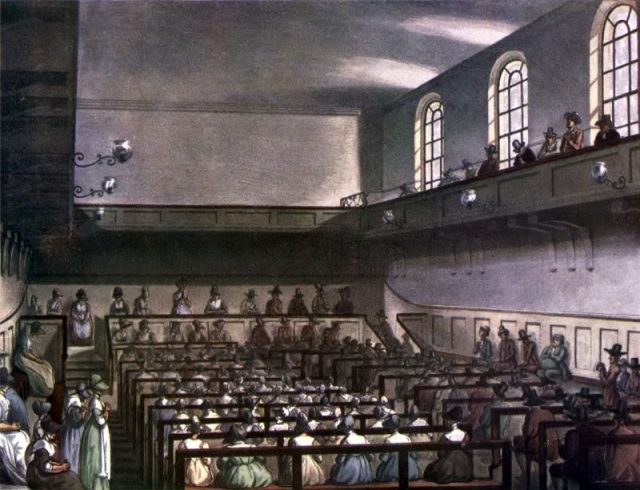
Though meetings differ, generally, much time is given to silent meditation in communion with others. When the Spirit moves one to speak, they do.
Here are twelve other Quakers that achieved notoriety, albeit with far less dire results.
Richard Nixon
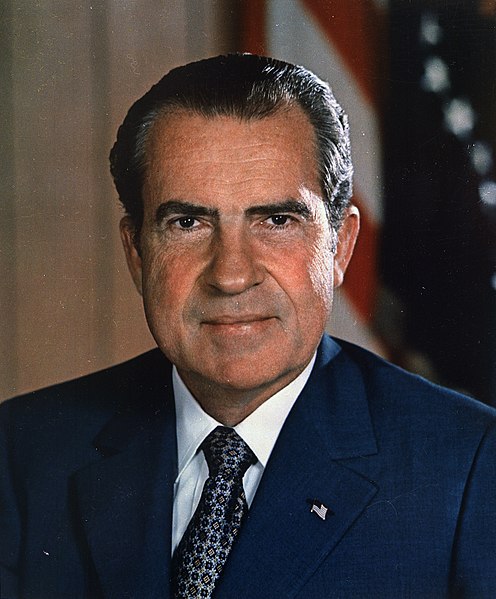
The 37th President of the United States was raised in a very conservative Quaker family. He was taught not to swear, drink, or dance.
Not all Quakers are so rigid, and Nixon, after graduating from Whittier College in California (a Quaker institution), began to drift away from his childhood beliefs.
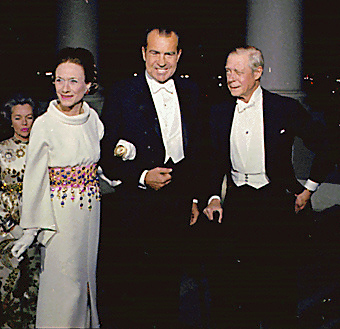
Quakers eschew violence, but young Nixon felt a stronger duty to the country after Pearl Harbor, and spent the war years in the U.S. Navy, albeit in a non-combat role. Always a devout believer, Nixon did, however, drink or curse during his presidency.
James Dean
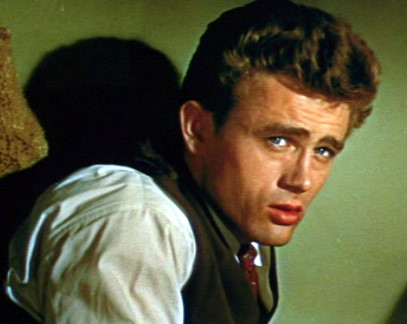
The 1950s sex symbol’s family life was tragic. An uncaring father and a mother that he loved, who died young.
Dean was sent by his father to live with an aunt. She was a practicing Quaker and regularly took her nephew along to Quaker meetings throughout his pre-teen and early teen years.
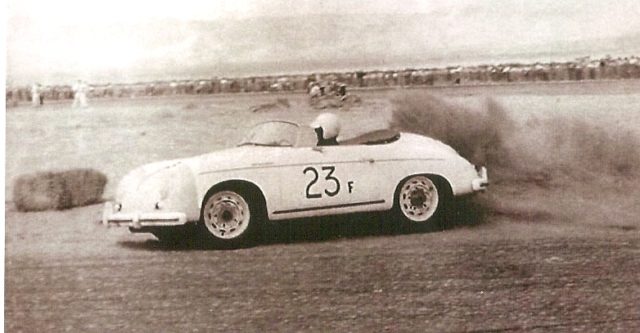
In high school, however, he came under the influence of a Methodist preacher who encouraged Dean to follow his dreams of acting, car racing and bull-fighting, all things frowned on by his Quaker aunt. Decidedly nonreligious after his arrival in Hollywood, Dean is nonetheless buried in a Quaker cemetery in Indiana.
Daniel Boone
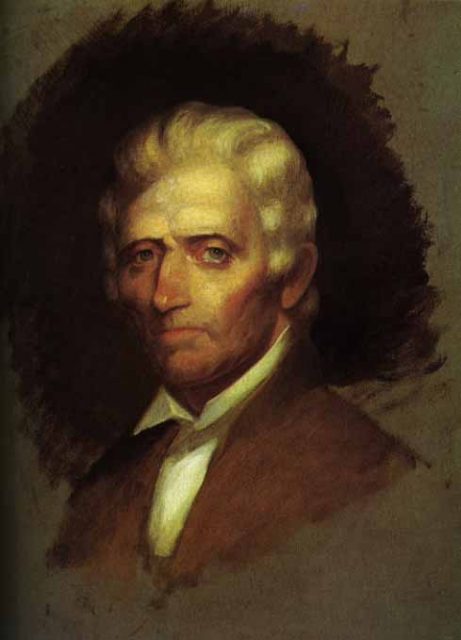
Famed early American explorer and folk hero Daniel Boone was born and raised a Quaker. His family had fled England partly for religious reasons.
However, after their arrival in the New World (Pennsylvania), Daniel’s sister married a non-Quaker and also fell pregnant – before marriage.
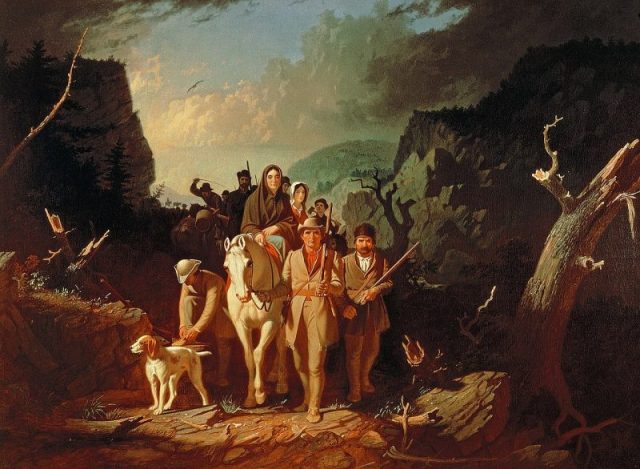
Both of these got her expelled from her Quaker congregation. Daniel’s parents apologized for her behavior, but then their son Israel followed in his sister’s footsteps and also married outside the faith. The Boone’s were ostracized and moved to the Carolina’s. Eventually, Daniel had it with “civilization” altogether and became the famous woodsman of history.
Annie Oakley
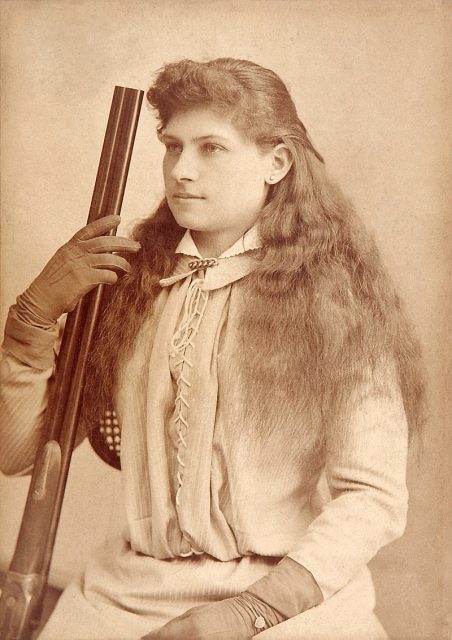
Another American folk legend, sharpshooter Annie Oakley was born in Ohio, another Quaker stronghold, in 1860.
Her Quaker parents had moved from Pennsylvania because Ohio was then still in many ways a frontier state, and land was cheap.
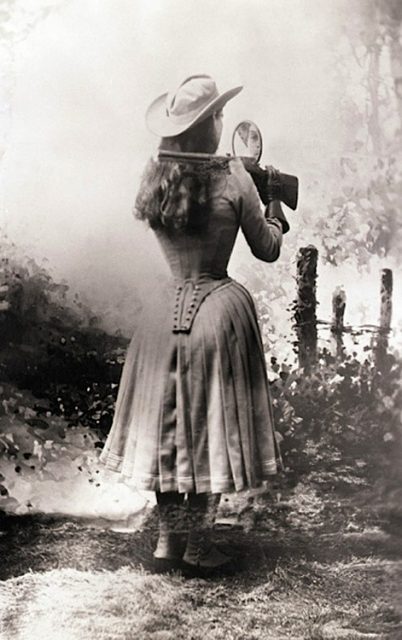
Her family, unfortunately, was poverty-stricken and her mother could no longer care for her or her sister after losing not one, but two husbands.
Annie and her sister were sent to an infirmary (a primitive orphanage) where they were treated as slaves and abused in many ways.
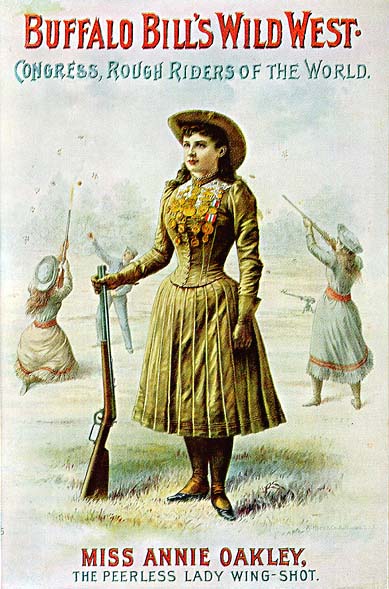
In order to supplement her meager diet, Annie learned to trap, and later, to shoot. By the time she was 15, she was out of the infirmary and had begun to make money not only trapping and hunting but also exhibition shooting – she helped her mother and 3rd husband buy a working farm.
Joan Baez
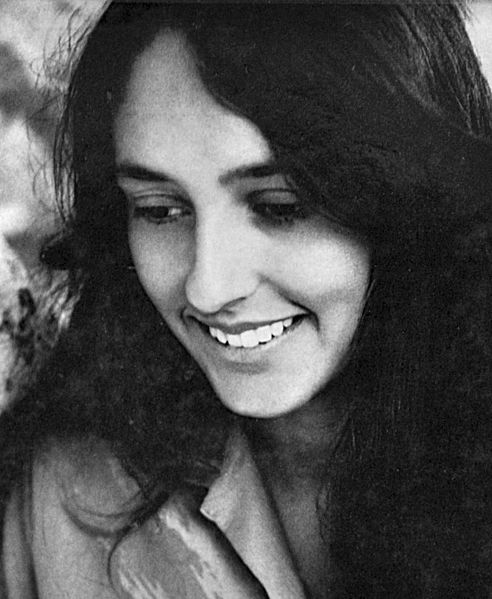
Joan Baez’s political activism was influenced by the Quaker faith of her father, Albert Baez, who was a well-known physicist and pioneer in x-ray optics.
He refused to work on the atomic bomb project and other defense-related projects due to his Quaker beliefs. Joan’s beliefs clearly mirrored her noted father.
Judi Dench
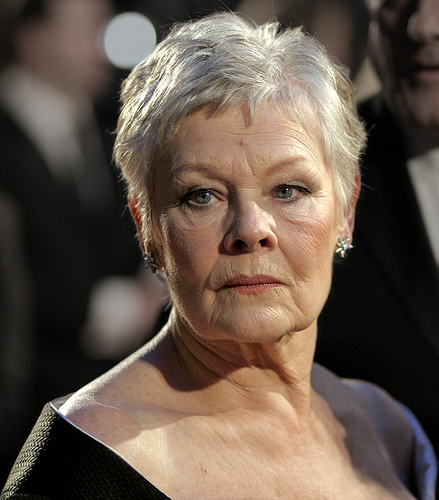
Famed British actress Judi Dench converted to Quakerism from Methodism after attending a Quaker school in York.
At first it was the school uniforms that attracted her to the faith but soon she realized she gained peace from the meetings.
In a 2013 interview, Dench said “I haven’t been to a Meeting, shamefully, for such a long time … I think it informs everything I do. I couldn’t be without it.”
David Byrne
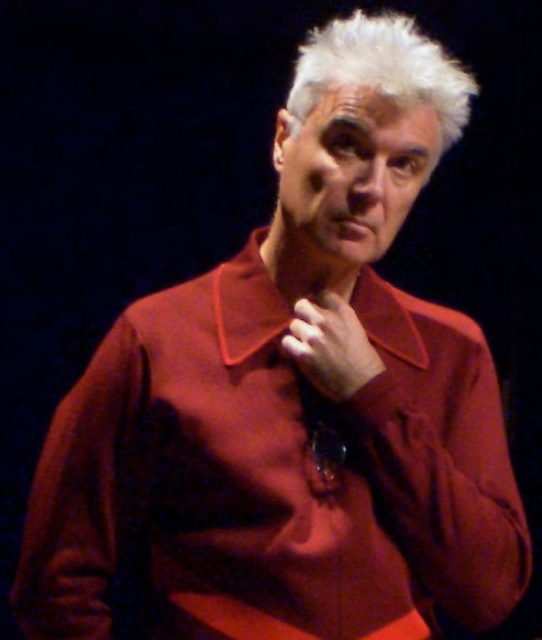
Talking Head’s vocalist and songwriter grew up in a liberal Quaker household, where his mother encouraged him to follow his interests in music, painting and writing.
Growing up, his mother’s Quaker beliefs and philosophies informed David’s views of the world.
John Cadbury
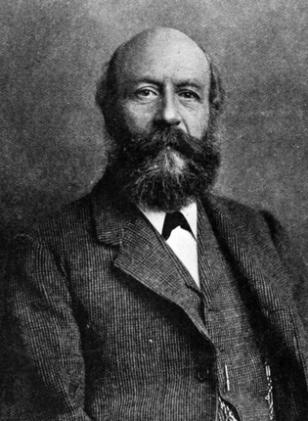
Born in 1801, chocolatier John Cadbury originally wanted to be a doctor or lawyer, but at the time, the leading universities that offered those degrees openly discriminated against Quakers.
Left with business as an alternative, Cadbury wanted to produce something that brought people happiness.
Some of his non-Quaker friends suggested alcohol, but Cadbury knew that alcohol frequently brought anything but happiness. He decided to go into the chocolate and hot cocoa business, and he used the money he made to form an organization to stop animal abuse and the use of young boys as chimney sweeps.
Bonnie Raitt
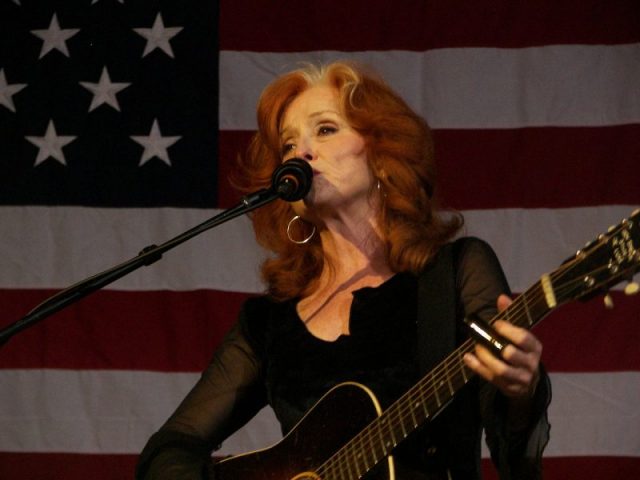
Bonnie Raitt’s Quaker parents were actively involved in the Civil Rights Movement of the 50s and 60s.
Raitt was exposed to all types of music in the eclectic mix of people in the Los Angeles she grew up in and was drawn to the blues.
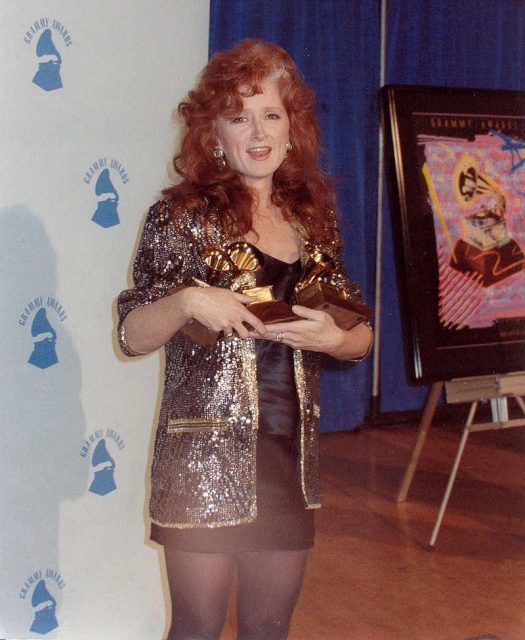
On the Oprah show some years ago, Raitt said, “I think people must wonder how a white girl like me became a blues guitarist.
The truth is, I never intended to do this for a living. I grew up in Los Angeles in a Quaker family, and for me being Quaker was a political calling rather than a religious one.”
Joseph Lister
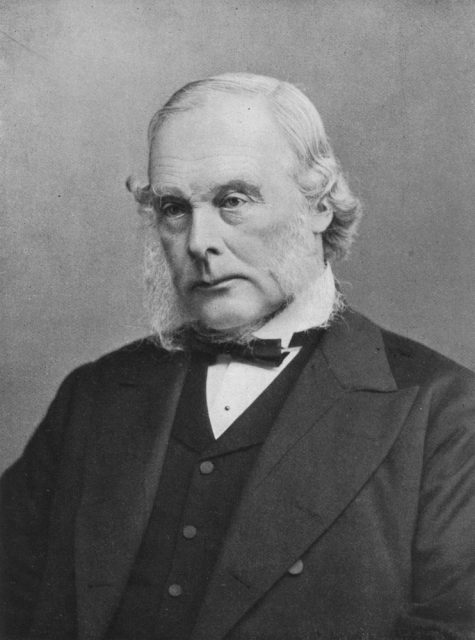
Joseph Lister (b.1827), the namesake of “Listerine,” was a famous British surgeon who was a pioneer in antiseptic science and surgery at a time when more people died of infection post-surgery than from the illness itself. He attended the only university in England to admit Quakers for medical degrees, the University of London, and helped pave the way for others.
Piers Anthony
Best-selling science fiction and fantasy writer whose Quaker parents were so inspired to help others that they went to Spain to help the children left homeless and orphaned in the Spanish Civil War of the 1930s. Anthony is today agnostic but has great regard for the strong Quaker ethic of helping those in need.
Cassius Coolidge
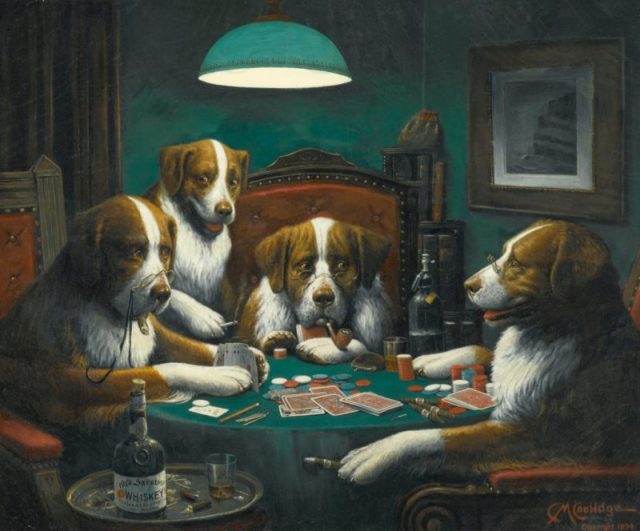
Who?? The artist who painted the “Dogs Playing Poker” series of oil paintings, that’s who. He’s also credited with the novelty photograph invention that was all the rage in the 1920s, 30s and 40s – sticking your head through a wooden cut-out – muscle guy, beach babe, etc. Yep, Quaker.
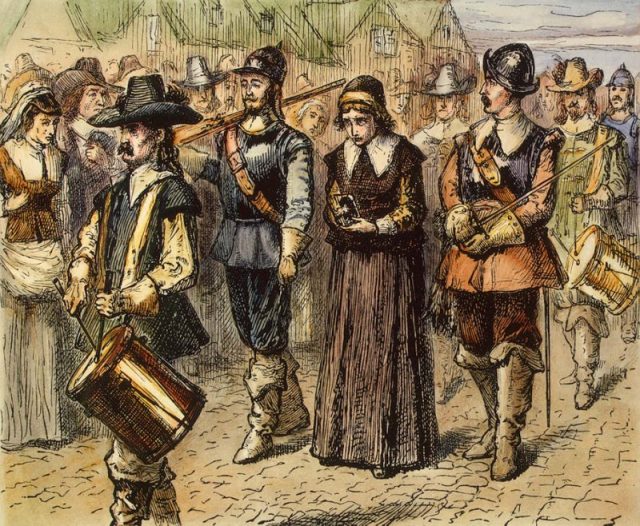
The Religious Society of Friends have roots deep in American history. Though there are still Quaker congregations in England, many “Friends,” as they prefer to be called, left England for the American colonies in search of religious freedom.
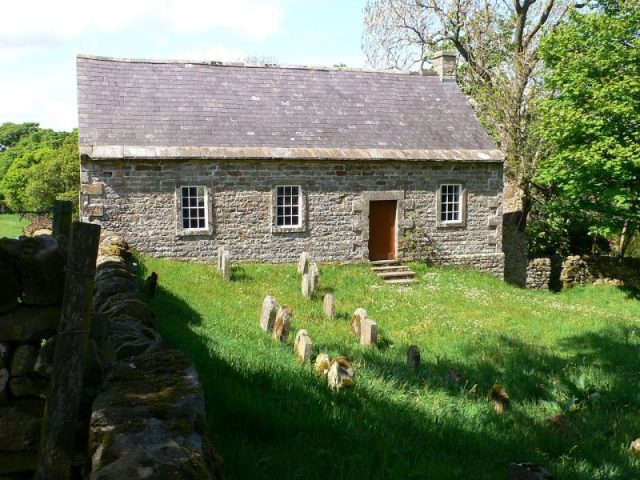
Most famously, large numbers of them settled in Pennsylvania, named for the leading Quaker in the area, William Penn. Others settled in Massachusetts – a number of them lived in the Salem area and were there when the witch trials occurred.
Many of the Quakers in Massachusetts were persecuted for their beliefs by the Puritans and were ordered out of the Massachusetts and Plymouth colonies. The only Caucasian woman on record to be sold into slavery in the Colonies was Cassandra Burnell, who was given the sentence by her literally “Puritanical” grandfather, Governor John Endicott.
Read another story from us: The Fiery Speech which Added “Under God” to the Pledge of Allegiance
Luckily, that sentence was changed to exile, and she and her husband made a difficult trek to southern New Jersey to begin a Friend’s Meeting there. Her parents were not so lucky – they died on Shelter Island, New York of exposure – they had been exiled too.
